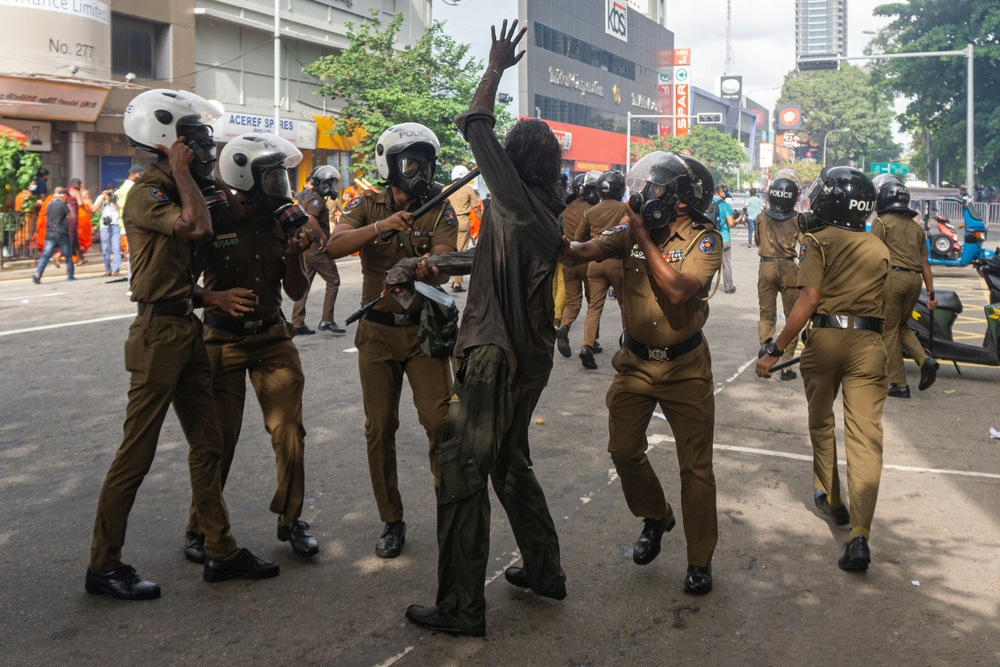Felipe Neis Araujo reflects back on the Brazilian development – or lack thereof – around the provision of medical cannabis.
One year ago, Argentina passed a law that legalised the cultivation of medicinal cannabis. This major leap in drug policy came right before the UN voted to remove the herb from Schedule IV of the 1961 Single Convention on Narcotic Drugs—thus recognising its therapeutic properties—and allowed Argentinian citizens to register to grow their own medicine in their backyards or wherever they see fit. Argentina had already legalised medical cannabis in 2017, and are now aiming to become a major player in the international market.
While our Argentinian hermanos are dedicated to advance their national medical and industrial cannabis policies and frameworks following Uruguay’s pioneering steps, Brazil is falling behind. The year is coming to a close and, again, the legalisation of medical cannabis was not passed into law. The bill that proposed the regulation of the herb for medicinal purposes was voted on the 8th of June in the Chamber of Deputies, but an appeal to take it to the plenary of the House has sent it to the back of a drawer again. Patients and their families are still waiting for the chairman of the House, Arthur Lira, to deliberate on the appeal. It’s important to remind readers that Lira is a close ally of president Jair Bolsonaro, who called the bill “crap” and promised to veto it should it get approved.
In the meantime, the medical cannabis market in Brazil is gaining momentum, with 2021 being a record year for global investors importing medical cannabis products. The Brazilian Health Regulatory Agency (ANVISA) has authorised the importation of several new products, with patients spending £10m in 66,000 prescriptions. We even had the first case of legally imported CBD flowers. Those who do not have access to the costly imported or national medical products, though, have to keep relying either on patients associations or civil disobedience to get their life-restoring medicine. It is also worth noticing that the huge majority of patient associations do not have a licence to grow or process cannabis.
Between 2015, when ANVISA first authorised the importation of medical cannabis products, and 2020, the number of requests for authorisations to import these products grew by 2,400%. This growth led ANVISA to recently optimise the registration process of patients so that they can get their authorisations and medicine faster. It is still not as simple as taking a prescription to your local chemist and buying your medicine, though, and the immediate need for relief might still lead people to get their medicine from alternative and illegal sources.
Here is an anecdote that illustrates that. When my late mother was diagnosed with lung cancer 3 years ago, she decided not to take the conventional treatment. She was aware of the consequences of such a decision, but wanted to live the rest of her days or years at home, surrounded by loved ones instead of hospital staff. She also knew very well that CBD oil could help her with many of the symptoms that her illness would bring. She did not bother to go through the whole bureaucracy to get hold of a 30 ml bottle of herbal oil. She approached family friends whom she knew had been using the oil for a while. Some of them were growing their own plants and processing their own medicine. Others had access to people who would do that, or to patient associations. People would come to my mum’s place for dinner or a cup of coffee and would bring her a bottle of CBD oil. They would send her bottles in the post. She would try to pay them yet nobody would take her money. At times, she would buy a batch from an association, get her share and then send the other bottles to families who could not afford it. “These drops are magical,” she would often say. “Now, can you imagine the relief of a mother who sees her child’s seizures stop?”
The therapeutic potential of cannabis is widely known—both anecdotally as well as through academia and research. The current Brazilian governments and its allies, however, distort the debate and seek to inflame their electorate with their populist propaganda, claiming that the legalisation of medical cannabis will lead to widespread non-medical consumption. The year is 2021, and right-wing politicians and lobbyists are still hindering debates and the legalisation of medical cannabis by claiming that we still do not have enough information about its medical potential— in the same year where there was a record number of scientific publications on the herb’s therapeutic potential, with almost 4,000 works just published. Yet those that oppose regulation and legalisation, who vomit century-old fear-mongering slogans about drugs, do not want to acknowledge this evidence.
What ideologues and opportunists want, however, is to confirm their biases. That is their definition of evidence: anything that can be de-contextualised, cherry-picked and weaponised to validate their opinions and stances. They often prefer to consume news about police crackdowns on people who consume or sell illegal substances, and feed its generation rather than any humane understanding of misery. When the data and subsequent analysis prove that there is no such thing as a “drug epidemic”, delegitimising the old, and tired methods of punishing drug use and its distribution, the evidence is censored. Or simply ignored.
2022 is knocking at the door and brings along with it the Brazilian general elections. So, fellow citizens, enough voting for troglodytes, opportunists, and enemies of the people into office. That is, for now, the only way to effectively advance drug policy in Brazil—where we have, in these last couple of years, taken several steps back in this regard. We have lots of ground to cover and recover. As the saying goes, a luta continua. Happy New Year!


